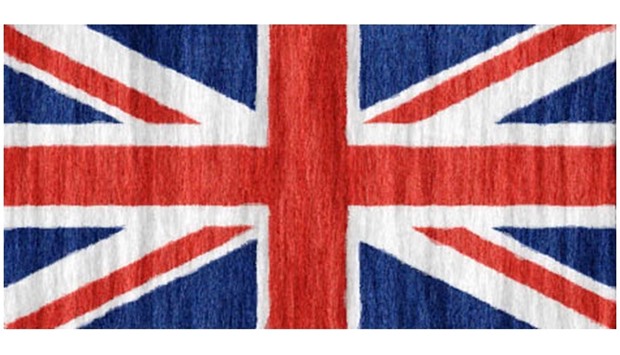Labour has been fined £20,000 by the Electoral Commission, the largest imposed by the body in its history, for undeclared election spending during the 2015 campaign, including more than £7,000 on the so-called “Ed Stone”.
The commission launched an investigation into two payments totalling £7,614 missing from the party’s election return that were spent on the stone tablet on which then Labour leader, Ed Miliband, had carved his six key election pledges, promising to display it in the Downing Street rose garden if he won the election.
The problems with the party’s spending came to light when the commission published the return in January, and journalists immediately contacted the commission because they could not find any reference to the 8ft 6in, two-tonne slab of limestone. The commission then found the item was indeed missing from the return, and began a full inquiry.
After the commission launched its investigation, the party undertook an internal review, unearthing 24 other undeclared election expenses totalling £109,777.
However, the commission’s investigation then identified 49 further missing payments totalling £11,357 that related to the transport of the party’s activists on the Labour Express tour and Labour Students tour during the election.
Labour’s infamous pink bus, which toured the country speaking to female voters, was also investigated by the commission, which found that all its spend was in order. The Women to Women bus had been the subject of a complaint to the commission by Conservative MP Charles Walker, after his own party came under a similar, and highly publicised, investigation into transport of election activists. The commission also found invoices were missing from the Labour party’s return, with 33 bills totalling £34,392 absent from the accounts.
The commission said Labour’s general secretary, Iain McNicol, who is also its registered treasurer, had committed two election offences, involving missing payments of £123,748 from the campaign spending return and for failing to deliver invoices and receipts of more than £200 for payments totalling £34,392.
The £20,000 fine, which has been paid by the party, is the largest fine the commission has imposed since it began operating in 2001. The commission said the party’s co-operation had been taken into account but called on the government to grant it the ability to impose even larger fines, given the scale of the underreporting.
Bob Posner, the commission’s director of party and election finance, said: “The Labour party is a well-established, experienced party. Rules on reporting campaign spending have been in place for over 15 years and it is vital that the larger parties comply with these rules and report their finances accurately if voters are to have confidence in the system.”
In a statement, the commission said it was pushing the government for an increase to the maximum £20,000 penalty available to it for a single offence “to an amount more in proportion with the spending and donations handled by large campaigners”.
A Labour party spokeswoman said: “Labour has co-operated fully with the Electoral Commission during its investigation into general election 2015 campaign spending by political parties.
“The commission’s investigation found that internal procedural errors led to a relatively small number of items of expenditure not being declared properly. The party regrets these administrative errors. However, these amounted to just over 1% of our total spending of over £12mn during this election.
“We accept the findings of the report and have already tightened our internal recording procedures to address the commission’s concerns.” Other parties could still be in line for fines or legal action because of general election spending. In May, Conservative activists were claimed to have misallocated expenditure for their “Battlebus 2015” campaign and hotel rooms for activists. The bus appears to have cost more than £2,000 a day to run, but the expense was deemed to be a national campaigning cost, rather than constituency costs.
The Electoral Commission had applied to the high court for documentation about the Conservatives’ election spending – which trended on Twitter as #ToryElectionFraud – but then withdrew the action when the party provided the information. Its investigation is continuing and police forces across the country are also investigating in individual constituencies.

